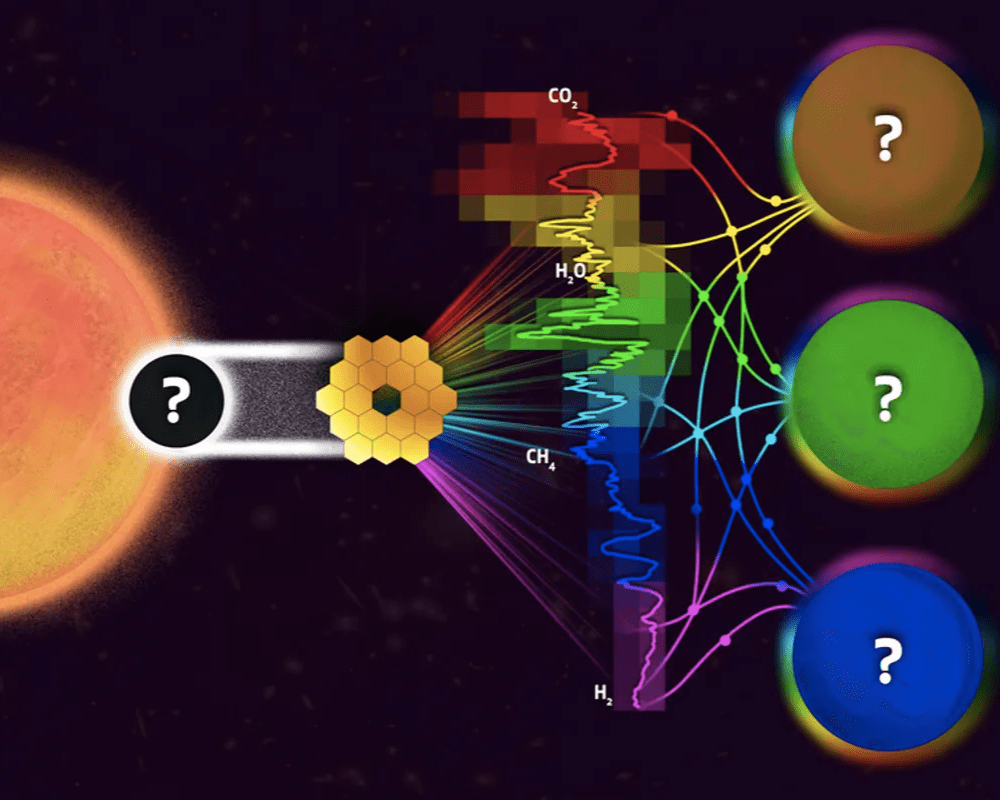
The James Webb Space Telescope (JSWT) has helped make a lot of progress in our study of space. One of its major roles is to help scientists study the atmospheres of nearby stars. However, a team of astronomers has recently raised doubts that the data collected from JSWT is liable to be misinterpreted.
The Doubts
Earth’s atmosphere has changed significantly due to the presence of life on the planet. Astrobiologists study the atmospheres of different worlds in the hope that they can find distinctive signatures that tell if there’s life on a planet that’s completely or mostly dead. However, according to Dr. Julien de Wit of MIT, there’s a risk of overestimation when calculating the molecular abundance from JSWT data. As Wit explains, a compound like water being present at 25% as compared to 5% has a significant difference, and the failure to distinguish this by the model can cause a huge disparity in the results.
The Test

To provide concrete proof that there was a problem with JSWT’s interpretation, Wit, along with his colleagues, conducted an experiment. Through this, they realized that the telescope was unable to gauge whether a planet had an abundance of gasses to a factor of 5 or whether its atmospheric pressure was similar or double to that of Earth’s. This inability will prevent scientists from deciphering whether the planet is habitable or not.
The Paper
In the paper published, the first line of work to take care of is to improve the way of interpretation of the data by JSWT. The paper also gives some ideas for creating better models, but there’s a lack of superior versions by the authors. According to Prajwal Niraula, an MIT graduate student and the paper’s lead, a lot could be done if there’s a better understanding of how light and matter interact in different atmospheres.